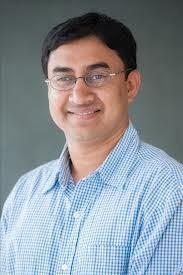Addressing financial inclusion in rural India: the role of information and peer pressure
Financial inclusion is considered to be an important aspect of the promotion of economic growth. Despite a significant increase in formal financial account ownership in recent years, a vast majority of adults in developing countries, and in particular women, still do not use them regularly.
The aim of this project is to understand the factors that influence the usage of formal saving accounts, and related financial services, among poor women. In particular, the researchers wish to investigate the role played by peer effects in affecting the accumulation of savings.
The researchers aim to conduct a pilot RCT on rural households in the State of Bihar, India. The researchers will design an experiment to test whether peer effects work via either information diffusion about new (formal) financial instruments, or some other means, such as peer pressure. These two types of interventions will be combined with the distribution of free saving instruments offered by formal financial institutions. In the information treatment, women will be invited to an information dissemination session on the benefits and costs of saving via formal institutions vis-à-vis informal means of saving. In the peer pressure treatment, some women will be incentivised to encourage other women to open and operate savings accounts at formal financial institutions.
The outcome of this research will also have strong policy implications. Indeed, if peer pressure is the critical factor (relative to pure information), then group mobilisation (as a policy lever) is necessary to trigger a collective decision to adopt formal financial tools and to further promote gender equality. This research could find ways about how to use the already existing social networks to improve, among other things, gender equality. The findings will have direct impact not only for poor and marginalised households in India, but also for many other developing countries as well as developed countries with peculiar societal imbalances.




